Thomas Elkins was an extraordinaire inventor, abolitionist, and trained medical professional. He made important contributions to refrigeration techniques which led to storing human bodies after death. Elkins also patented numerous inventions for other household furniture items.
Elkins was born in New York State in 1818. He pursued a career in dentistry and is believed to have been one of the founders of the Albany Medical College. He operated a pharmacy in Albany for decades and also provided dental care. During 1881, he was recognized as being a “district physician” in New York. He served as a medical examiner during the Civil War for the 54th and 55th Massachusetts regiments.
Elkins successfully filed a series of patents during the 1870s. On February 22, 1870, he held a patent of a table that could serve for dining, ironing and as a quilting frame, gained approval. Shortly thereafter, on January 9, 1872, he also patented the design for an improved “chamber-commode.”
His patent for an apparatus to improve refrigeration of “articles liable for decay” was his biggest and most well-known invention. The patent was approved on Nov. 4, 1878, and included a covered trough or container kept at low temperature by the continuous circulation of chilled water or other cooling fluid through a series of metallic coils. Trying to keep bodies of those who had recently died cool posed major challenge in the 19th century. Elkins’ invention was a marked improvement over other longstanding techniques. Thomas Elkins died in 1900.
sources:
http://www.famous-black-inventors.net/thomas-elkins.html






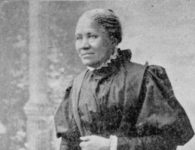
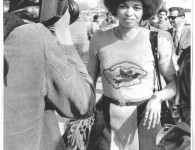

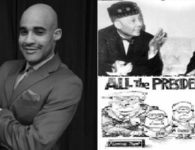
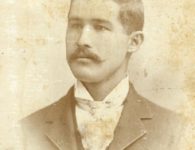


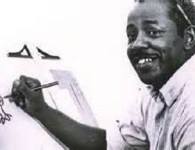


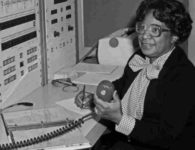

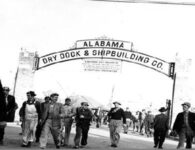



No comments